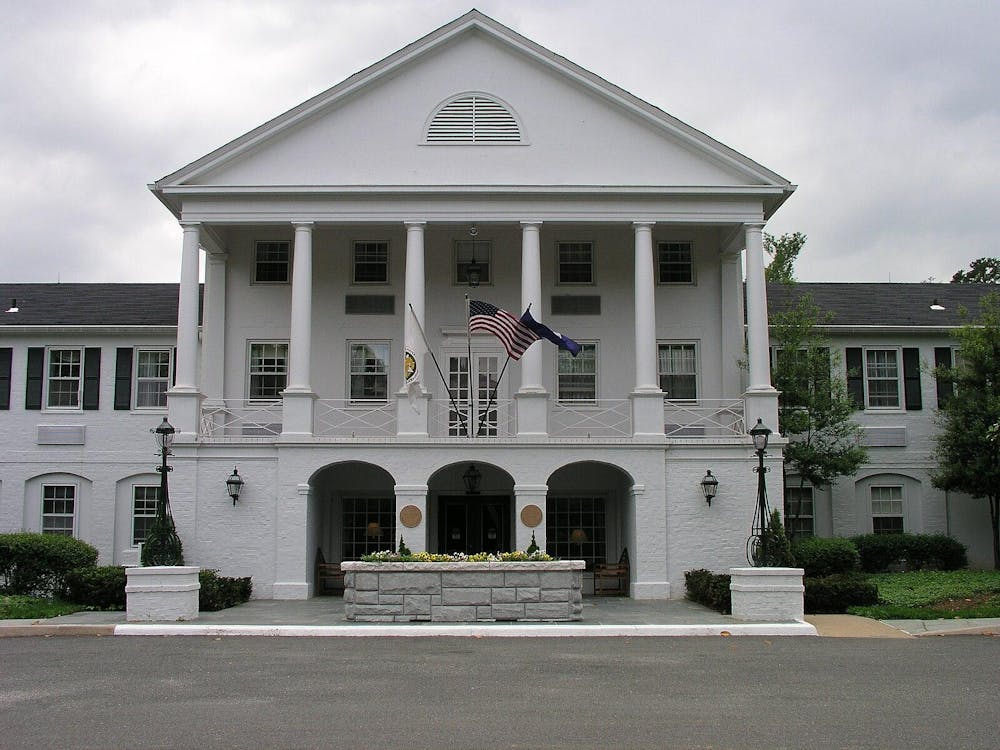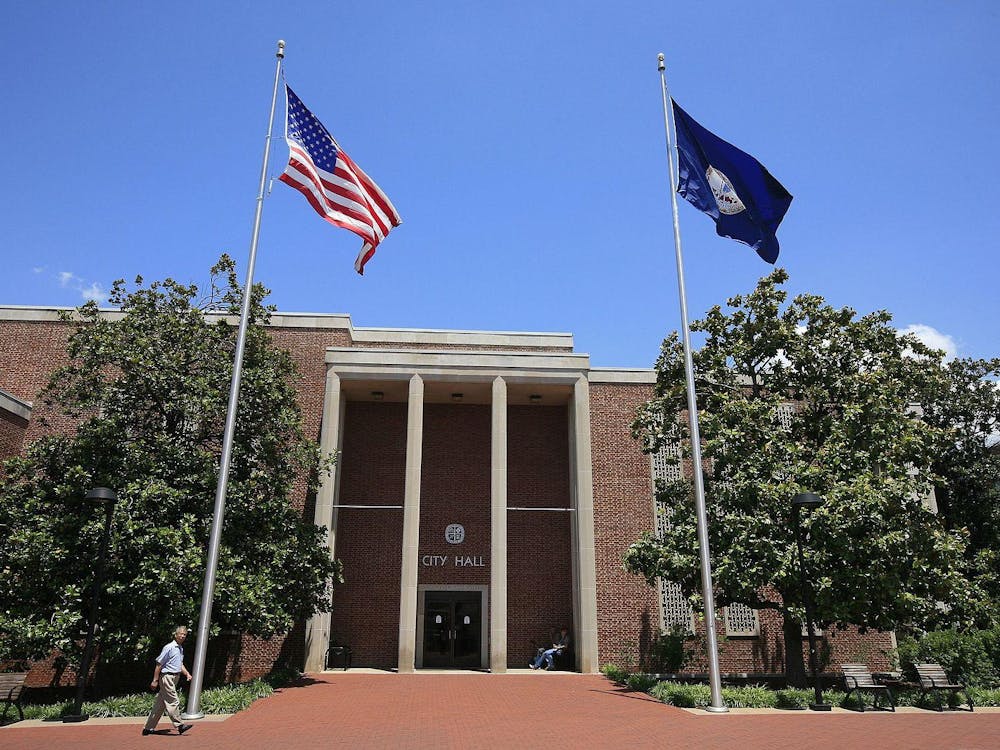RECENT sports page headlines have been resplendent with theories and postulations on how the new Atlantic Coast Conference line-up will affect collegiate sports in the mid-Atlantic. Opinions abound: Some believe the added heft brought by football powerhouses Miami and Virginia Tech will boost the prestige, level of competition and revenues of the ACC. Others fear a shift in emphasis from the formally basketball-centered conference to a football-focus more similar to the Southeastern Conference. However, the observant reader may already have noticed that this column is not found on the sports page. What few pundits seem to consider is the effect that the acquisitions will have on the institution itself. While everyone -- this columnist included -- enjoys a competitive football season, pressure to produce a nationally competitive team may have undesired consequences for this institution.
The University has always struggled to walk the line between "big state U" and "elite liberal arts college." The debate has raged in the past over such changes as constructing a student center -- now Newcomb Hall -- drawing the University's then male population away from the socialite community of the fraternity house into common activities in a public space. Under political pressure from the state, the University was forced to expand enrollment dramatically in the early 1970s (not to mention the decision to transition into coeducation), a move that was again fought by the tradition-enthralled student and alumni population.
Today, for better or worse, Division One (D-I) football and basketball are less an extracurricular supplement and more an auxiliary business for the University that often subsidizes the academic side of the institution. Players are frequently recruited in a high stakes tug-of-war between schools while games have evolved into a business transaction between schools, advertisers and network television.
A move toward embracing the nature of D-I sports represents yet another difficult line to walk for the University. Now, please do not mistake this column for a naive attack of National Collegiate Athletic Association football or even the recent conference expansion. Instead, it is the hope that the student body will remain vigilant against the tendency of an administration threatened with financial emergency to compromise the unique culture that has been tirelessly preserved by generations of Wahoos before us. Take a moment to imagine the nationally competitive football schools across the country. Now match that list against the most well-reputed academic institutions in the nation. Few, if not none, will appear on both lists.
President John T. Casteen III won an important political chit from the Commonwealth by playing along with Governor Mark R. Warner's power play. Alienating the University from many Virginians by shutting Tech out of the ACC would have had dastardly consequences in the political world. However, the last thing the University needs is increased pressure to welcome the mentality "big state U" athletics to Charlottesville with open arms. A misplaced emphasis on athletics will create a name for the institution based on a pastime that is only very loosely connected to the educational mission of the institution.
In this day and age of increased dependence on school rankings -- no matter how misplaced -- a school's public prestige is a very real asset. A degree earned is only worth as much as the public confidence in the value of that education.
As of now, the University is perceived as one of the foremost public institutions in the nation. The success and stature of graduates in all walks of life marks a large testament to the value of a University degree. The prestige and reputation of the institution attracts the best and brightest professors, as well as the most gifted and driven applicants. However, this can quickly be overshadowed by a misplaced emphasis by the administration in creating an athletic division of national championship caliber.
The mission of the University must not be watered down by political pressure from the governor, General Assembly, alumni or anyone else. Athletics are a wonderful pastime and conjure up a healthy pride in the institution. Yet they must not be allowed to define the reputation, culture and spirit of the school.
The University of North Carolina at Chapel Hill and Duke University both harbored similar fears of the ACC evolving into something frightening when they questioned the ACC expansion. The University would be wise to listen to the concerns of her sister institutions, not in excluding Tech and Miami from the conference, but in being suckled by the lucrative financial opportunities offered by D-I college athletics. This temptation will only erode the academic credentials of the University.
While it may not be axiomatic in higher education that an institution cannot share a reputation for academic excellence and football championship, evidence throughout the nation shows this balance is difficult to strike. It should be hoped that President Casteen knows which arm of the scale should rest on the ground.
(Preston Lloyd can be reached at plloyd@cavalierdaily.com.)






